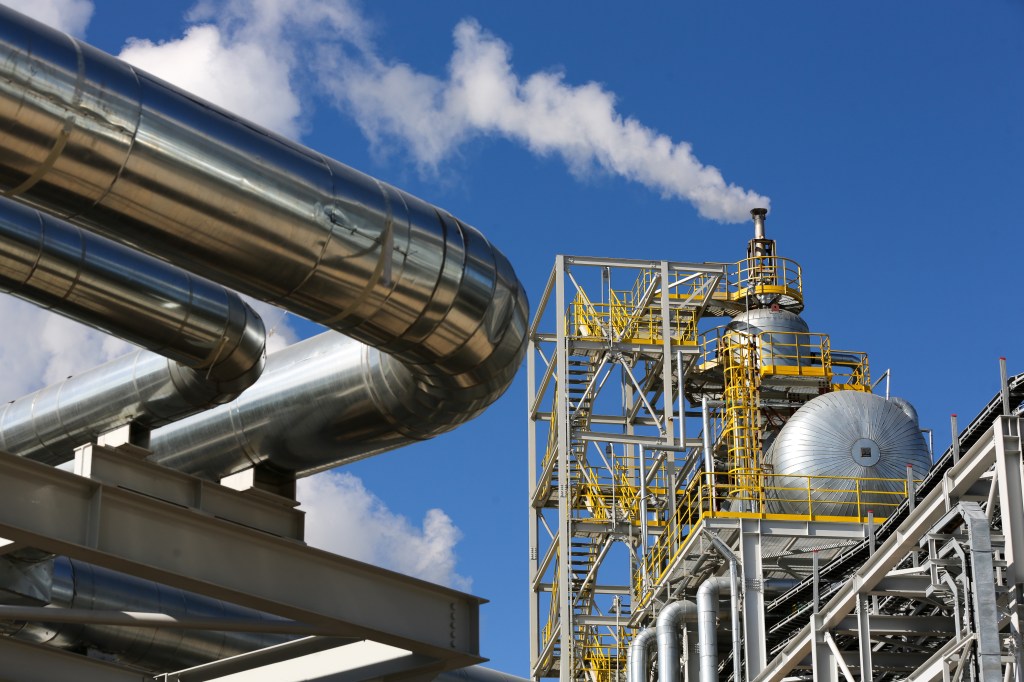OpenAI’s ambitious Stargate Project, a $500 billion initiative aimed at constructing advanced AI infrastructure across the United States, is encountering significant delays due to economic uncertainties stemming from recent tariff implementations. Announced in January 2025, the project is a collaborative effort involving OpenAI, SoftBank, Oracle, and MGX, with the goal of bolstering America’s leadership in artificial intelligence and creating hundreds of thousands of jobs.
Background of the Stargate Project
The Stargate Project was unveiled at a White House press conference by President Donald Trump, alongside key figures such as OpenAI CEO Sam Altman, Oracle founder Larry Ellison, and SoftBank CEO Masayoshi Son. The initiative plans to invest $500 billion over four years, with an initial deployment of $100 billion, to build state-of-the-art data centers and computing infrastructure essential for AI development. The first data center construction commenced in Texas, with additional sites under evaluation across the country.
Impact of Tariffs on the Project
The project’s progress has been significantly hindered by the introduction of steep tariffs on technology imports. President Trump’s administration imposed substantial duties on tech equipment imported from China (34%), Taiwan (32%), and South Korea (25%), along with a 10% baseline tariff on all imports. These tariffs have escalated the costs of critical components such as server racks, cooling systems, and semiconductors, leading to an overall increase in data center construction expenses by an estimated 5-15%.
Investor Concerns and Market Volatility
The heightened costs and market volatility have made potential investors, including banks, private equity firms, and asset managers, cautious about committing to the Stargate Project. Despite SoftBank’s initial commitment to contribute significant capital, the company has yet to develop a concrete financing plan or engage in detailed discussions with potential backers. This hesitancy is further compounded by concerns over potential overcapacity in the data center market, as major tech companies like Microsoft and Amazon have adjusted their data center strategies, in some cases scaling back on construction projects.
Broader Implications for the Tech Industry
The challenges faced by the Stargate Project reflect broader concerns within the tech industry regarding the impact of trade policies on AI development and infrastructure expansion. The tariffs not only increase costs but also disrupt complex international supply chains vital for AI data centers and semiconductor fabrication plants. Industry experts warn that these disruptions could hinder the United States’ ambitions for AI leadership and domestic chip manufacturing.
Conclusion
OpenAI’s Stargate Project represents a monumental effort to advance AI infrastructure in the United States. However, the initiative is currently facing significant obstacles due to tariff-induced economic uncertainties and investor apprehensions. Addressing these challenges will be crucial for the project’s success and for maintaining the country’s competitive edge in the rapidly evolving field of artificial intelligence.



